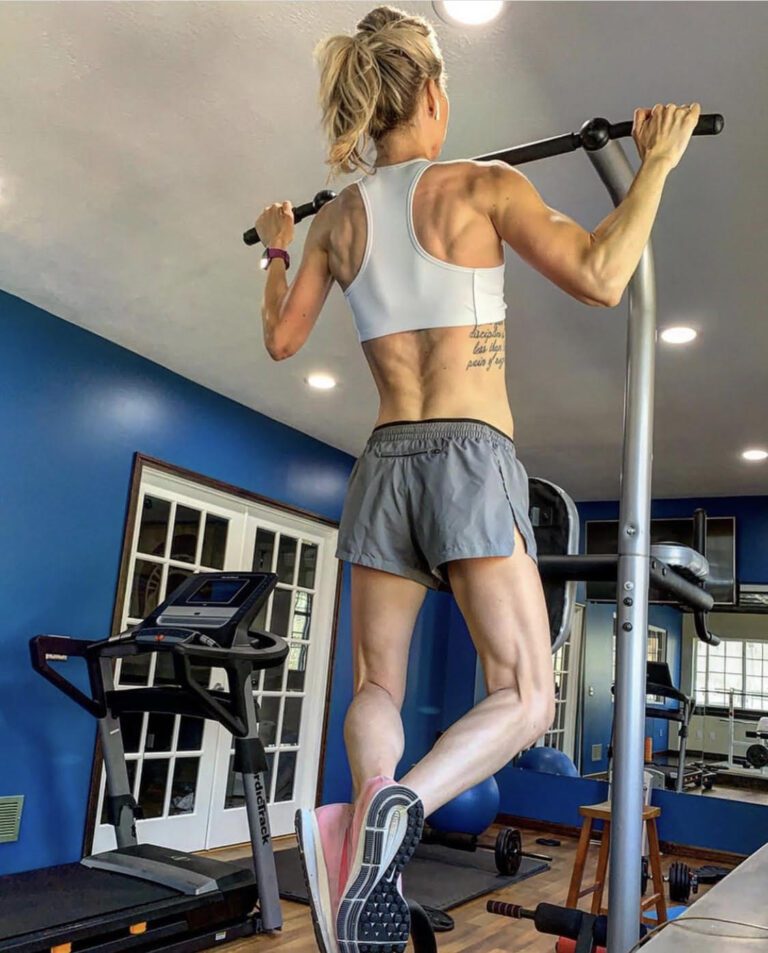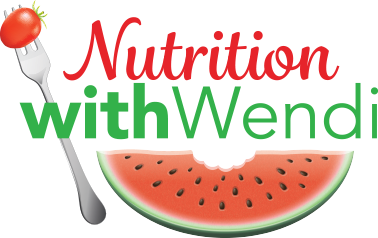
The Road to Better Health and Fitness is a Journey, Not a Destination.
Spoiler alert, this is a long blog with personal experience, science and encouragement! So, get comfortable and grab a snack and beverage and soak up some great content. As I sit down to write this article, I reflect on the…

